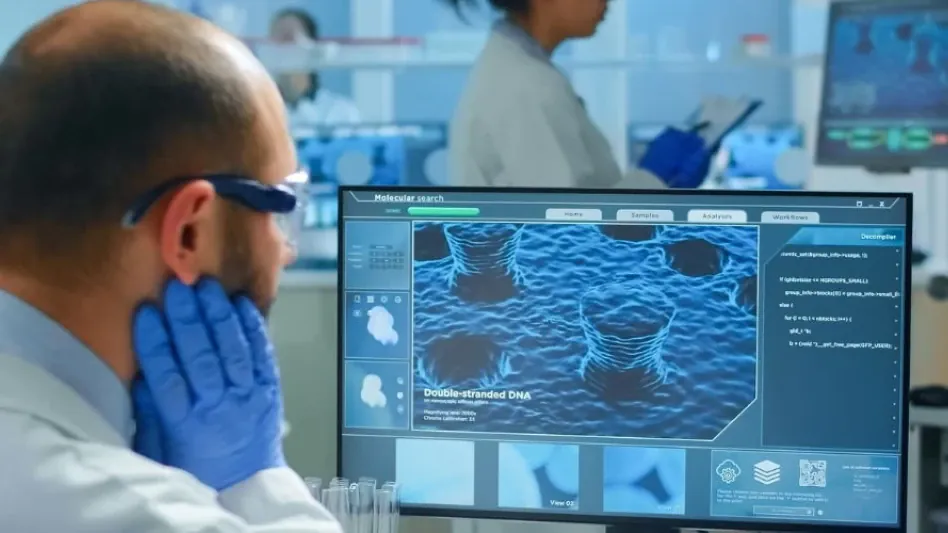The transformative role of biomedical databases in healthcare cannot be understated, as they have the potential to significantly advance medical research, diagnostics, and treatment options for various conditions. These databases, which are organized collections of biomedical data, serve as critical resources for storing, managing, and sharing medical information while ensuring privacy for authorized users.
The Essence of Biomedical Databases
Biomedical databases are essential in health informatics, intersecting with various medical and biological disciplines. They process extensive biomedical data to design optimal healthcare solutions. These databases store clinical information, genomic research data, imaging technology data, and other medical records, embracing both structured and unstructured data formats. Consequently, handling such diverse data necessitates advanced text mining and natural language processing techniques.
Balancing Innovation with Privacy
While the potential for technological innovation in biomedical databases is vast, ensuring data privacy is paramount. Although privacy concerns can slow down technological advancements, ethical data handling is non-negotiable. Protecting patient information while allowing researchers to access and utilize the data for medical advancements presents a significant challenge, necessitating robust privacy frameworks and regulations.
Real-World Applications
Biomedical databases find applications in various fields, including bioinformatics, clinical informatics, imaging informatics, and public health informatics. These applications help streamline healthcare processes, improve quality control in healthcare systems, and enhance public health studies. From analyzing genetic information to improving diagnostic imaging and public health assessments, the scope is extensive and impactful.
Potential and Challenges
There is undeniable potential for improving health outcomes through the use of biomedical databases. However, this potential comes with several challenges, such as data organization, fostering collaboration in research, and maintaining a patient-centric focus in care delivery. Efficient data management systems and collaborative efforts are crucial for harnessing the full potential of these databases.
Integration with Big Data Analytics
The integration of big data analytics with biomedical databases is revolutionizing various aspects of healthcare, including drug development, clinical trials, and quality assessments. By leveraging large datasets, researchers can gain detailed and patient-specific health insights, paving the way for advancements in personalized medicine. This fusion of traditional methods with advanced computational science helps extract meaningful insights, leading to the identification of disease risk factors and the development of customized treatments.
A Unified Health Profile
Biomedical databases offer a cohesive understanding of an individual’s health profile, enabling the identification of disease risk factors and the development of customized treatments. By combining various sources of health information, these databases contribute to a more comprehensive approach to health monitoring and intervention.
Conclusion
The transformative impact of biomedical databases on healthcare is immense, offering substantial improvements in medical research, diagnostics, and treatment options across various conditions. These databases are meticulously organized collections of biomedical data that serve as invaluable resources for the storage, management, and sharing of critical medical information. By facilitating seamless access to vast amounts of data, they enable researchers to uncover insights, identify trends, and advance scientific understanding in ways previously unimaginable.
For diagnostics, these databases can lead to more accurate and timely identification of diseases by allowing for comprehensive data comparison and analysis. In terms of treatment, they support the development of personalized medicine by providing detailed patient-specific information, which helps tailor therapies to individual needs. Furthermore, biomedical databases play a crucial role in maintaining patient privacy while allowing authorized healthcare professionals to access necessary information. This balance ensures that patient confidentiality is preserved without hindering the medical community’s ability to innovate and improve health outcomes. Overall, the role of biomedical databases is indispensable in driving forward medical advancements and enhancing patient care.









